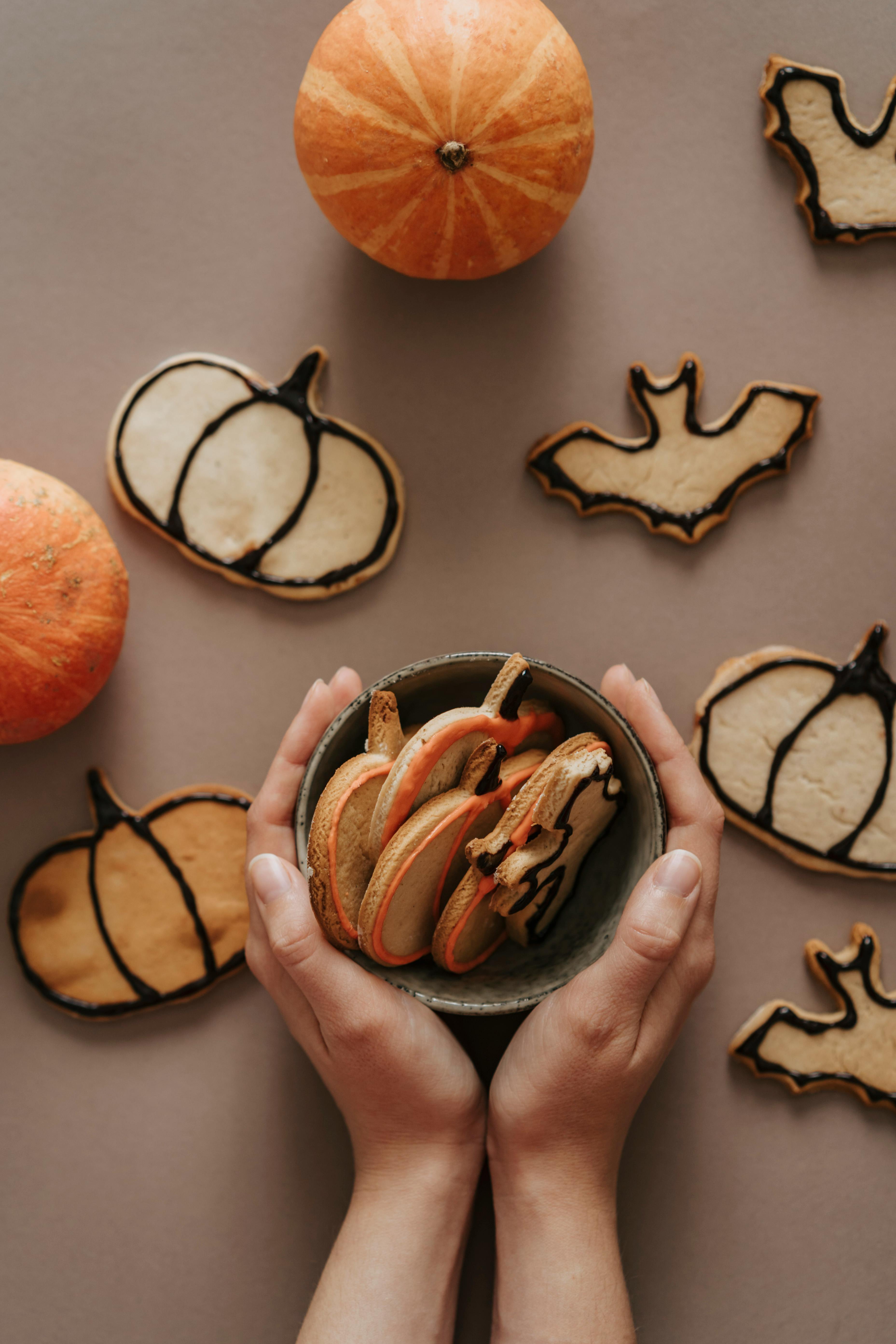Essential Guide to Sugar Intake on Keto Diet 2025
Understanding sugar intake on the keto diet is crucial for maintaining ketosis and overall health. As a low-carb diet, keto limits sugar to help your body burn fats instead of carbohydrates for fuel. While it can be challenging to navigate sugar consumption in this lifestyle, knowing the right guidelines and alternatives will simplify the process. This comprehensive guide will explore key aspects of sugar intake and the best practices for managing it while on a ketogenic diet.
Discover the benefits of reducing sugar, the types of sweeteners suited for a keto diet, and how to satisfy sweet cravings without breaking your carb limits. This essential guide will not only help you understand the implications of sugar on keto but also empower you to make informed choices for your dietary needs.
From understanding daily sugar limits to exploring keto-friendly sweeteners, let's dive into the best practices for managing sugar while following a ketogenic lifestyle.
Understanding Sugar Limits on Keto
Building on the fundamental understanding of sugar’s role in the keto diet, it's essential to define what constitutes sugar limits. The keto sugar limit is typically set at around 20 to 50 grams of total carbs per day, with most of those coming from vegetables and not refined sugars. This means that any sugar consumed must be accounted for within this limit.
The Role of Carbohydrates Derived from Sugar
Carbohydrates can be broadly understood as a key energy source for the body. However, in the keto diet framework, carbs are categorized into sugars and fiber. When evaluating carbs in sugar, it is essential to differentiate between net carbs (total carbs minus fiber) and the total grams of sugar that can impact blood sugar levels.
Daily Sugar Intake Recommendations for Keto
Daily sugar intake recommendations suggest that optimal consumption should not exceed 5% of your total daily caloric intake. For most keto dieters, this translates roughly to about 20 grams of sugar. Understanding this guideline is crucial for maintaining ketosis and ensuring that your diet remains effective.
Common Hidden Sugars to Avoid
Many foods contain hidden sugars, making it essential to read labels carefully. Processed foods, sauces, and dressings can often harbor added sugars that disrupt your keto goals. Ingredients that end with "ose" (like dextrose or sucrose) are particularly suspect and should be avoided to keep your sugar count low.
Choosing the Right Sweeteners for Your Keto Diet
With these sugar limits set, the next step is to explore the best sweetener options available that help satisfy sweet tooth cravings without disrupting ketosis. Thankfully, there are several keto-friendly sweeteners that can be used as alternatives to sugar.
Top Keto Friendly Sweeteners
Several sweeteners are naturally low in carbs and have minimal effects on blood sugar levels. Popular options include erythritol, stevia, and monk fruit sweetener. Each of these provides sweetness with negligible or no calories, making them ideal for those seeking sugar substitutes on keto.
The Benefits of Sugar Alcohols
Sugar alcohols like erythritol offer a unique advantage in baking and cooking. They challenge the typical perceptions of sweetness while contributing significantly fewer calories. Understanding their glycemic index reveals that many sugar alcohols do not spike blood sugar, enhancing their suitability for a keto lifestyle.
How to Safely Use Sweeteners in Cooking
Incorporating sweeteners into meals can initially require some experimentation. Start by substituting standard sugar in recipes with keto-approved alternatives in equal parts, adjusting to taste as needed. Many people find success with specific keto recipes with sweeteners that utilize these ingredients creatively.

Managing Sugar Cravings on Keto
Having established which sweeteners to use, learning how to manage cravings becomes an essential part of the keto journey. One of the psychological effects of sugar on a keto diet is the initial adjustment phase where cravings can be intense.
Understanding the Psychological Connection to Sugar
Understanding the emotional attachment many have to sugar can help in combating cravings. Recognizing triggers, whether they be social scenarios or personal habits, can aid in forming better strategies to reduce sugar consumption without feeling deprived.
Practical Strategies for Reducing Sugar Intake
Effective strategies for reducing sugar may include meal planning that prioritizes low-carb foods. Keeping keto-friendly desserts on hand can help satiate sweet cravings without resorting to high-sugar options that could derail your progress.
Meal Ideas and Snacks for a Low Sugar Lifestyle
Snacking can often present challenges when trying to stick to a keto diet. Explore keto-friendly snack ideas like cheese crisps, guacamole with vegetables, or nut butter that meets your low-carb requirements and satisfies your cravings.

Common Mistakes Regarding Sugar on Keto
As you advance in your keto journey, it’s vital to be aware of common mistakes that can negatively impact sugar management. Many dieters unintentionally consume excess sugar by underestimating the carbohydrate content of certain foods.
Reading Labels for Sugar Content
Misunderstanding food labels can lead to inadvertent sugar consumption. Familiarize yourself with terms such as "sugar-free" or "low-sugar" that may still contain carbs. Always check for the total carbs, as it provides a better representation of what you are consuming on the keto diet.
Social Scenarios and Sugar Temptation
Many find it difficult to navigate social situations where desserts may be present. It’s beneficial to bring keto-friendly desserts to gatherings or communicate your dietary preferences to avoid unnecessary temptation.
Evaluating Sweet Choices on Keto
Reflections on sugar intake can help identify what works best for your overall health and satisfaction on keto. If you find particular sweeteners trigger cravings, it may be worth evaluating and adjusting your approach.
Conclusion: Embracing a Sustainable Keto Lifestyle
Maintaining sugar intake on a keto diet can be seamlessly integrated with the right strategies, choices, and alternatives. Understanding the complex relationship between sugar and ketosis allows for smarter decisions, leading to a successful keto journey while enjoying sweet treats in moderation.
By exploring low-sugar meal habits, tracking your sweetener consumption, and employing effective tactics for cravings, you will find ownership of your dietary choices. Ultimately, adapting to the keto diet and its guidelines ensures a balanced approach to health that centers around informed choices and mindful eating.
For those looking to enhance their keto experience without sugar, the power is in understanding and adapting to these essential guiding principles.
